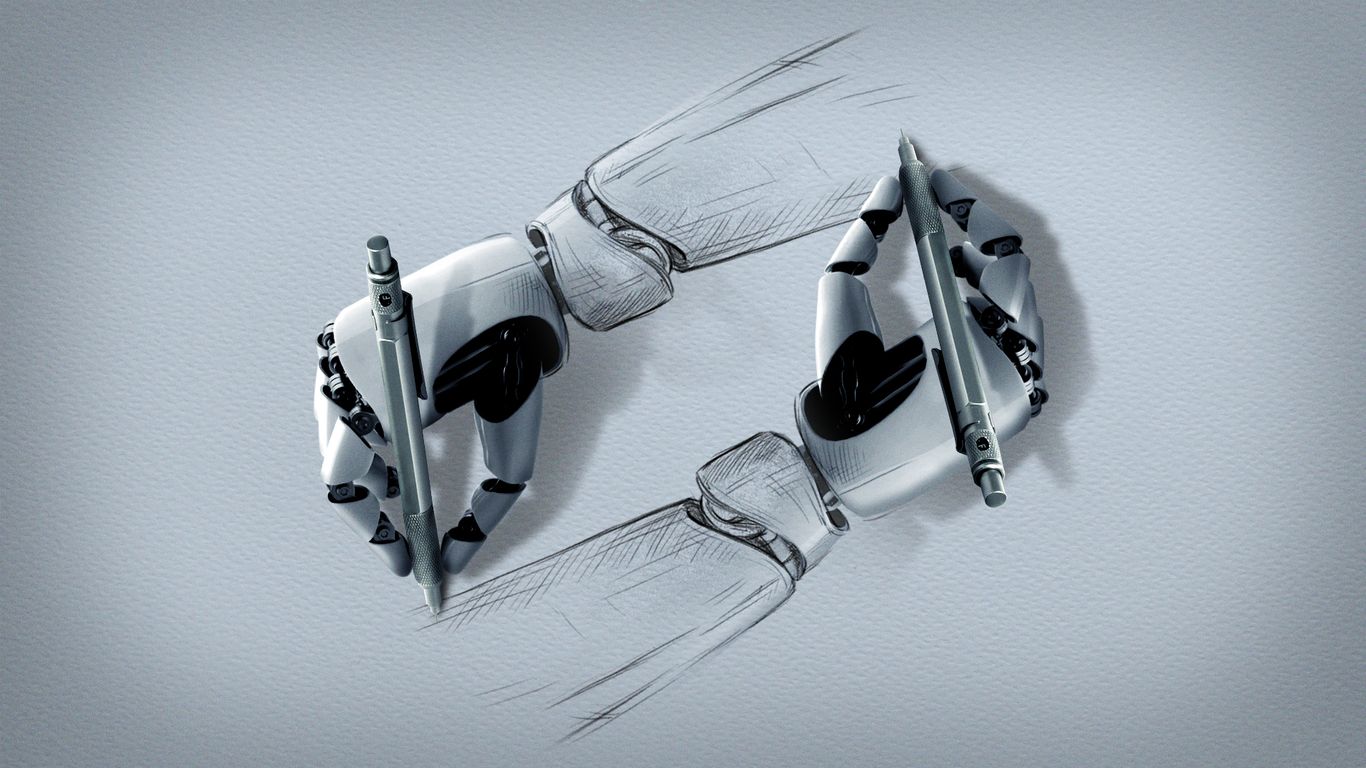
"The industry's belief is that perpetually steepening curves will continue to... improve AI technology itself; accelerate human demand for its fruits; and supercharge society's ability to quench AI's thirst for chips, power and data. Why it matters: The tech industry's gamble is one that the rest of the world has now bought into by shoveling trillions of dollars onto the table."
"Exponential curves, with their steadily repeated doublings, can proceed forever in the abstract - but in the real world, every growth plot eventually hits some kind of limit. Moore's Law, the exponential principle of semiconductor improvement that governed the rise of personal computing, eventually hit the physical limitations of energy dissipation at the atomic level. Metcalfe's Law, another exponential concept of network value that drove the rise of the internet and social media, hit the limits of human population and imperfect human institutions."
"AI can't escape reaching its own limits unless it somehow proves to be different from every other revolutionary human invention that preceded it. AI optimists believe the key to that difference lies in the scenario where AI starts to build itself. They envision a "take-off" moment when already-rapid advances in AI capacity and reliability start being driven by AI models rewriting themselves in a feedback loop. The power of this kind of recursive self-improvement drives every scenario of AI utopia or doomsday."
The tech industry expects continuous exponential improvement in AI to advance capabilities, increase human demand, and scale infrastructure for chips, power, and data. Massive global investment reflects confidence that AI can self-reinforce progress through recursive self-improvement. Historical exponentials such as Moore's Law and Metcalfe's Law eventually encountered physical and social constraints, demonstrating that real-world growth plots hit limits. AI faces comparable risks unless it proves fundamentally different by enabling AI-driven self-acceleration. Optimists anticipate a take-off driven by models rewriting themselves, while skeptics warn that hitting limits could trigger financial or systemic crises amid complex interdependencies.
Read at Axios
Unable to calculate read time
Collection
[
|
...
]